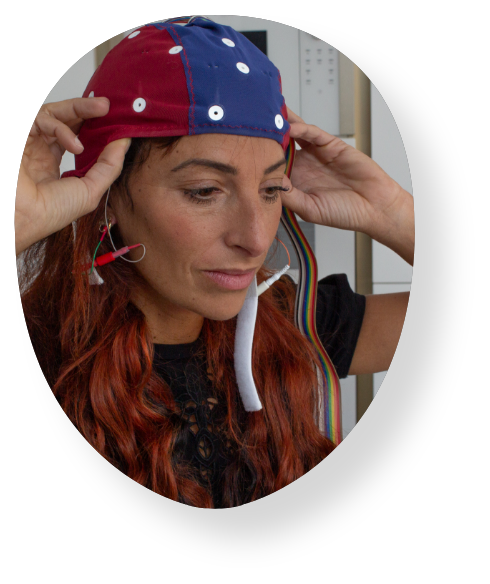- Home
- About Us
- Services
- For Adults
- Neurofeedback for Attention Training (ADD & ADHD)
- Neurofeedback For Combined Symptoms
- Neurofeedback Training For Concussions & Traumatic Brain Injuries
- Neurofeedback For Emotional Balance
- Meditation and Neurofeedback
- Neurofeedback for Peak Performance & Brain Fitness
- Neurofeedback for PTSD & Trauma
- Neurofeedback Training For Self-Development & Creativity
- Neurofeedback for Sleep & Fatigue
- Neurofeedback for Stress & Anxiety
- Neurofeedback Training For Strokes
- For Children
- Neurofeedback for Attention Training (ADD & ADHD)
- Neurofeedback For Combined Symptoms
- Neurofeedback Training For Concussions & Traumatic Brain Injuries
- Neurofeedback For Emotional Balance
- Neurofeedback For Neurodiversity & Developmental Disorders
- Neurofeedback for PTSD & Trauma
- Neurofeedback To Teach Skills for Life
- Neurofeedback for Sleep & Fatigue
- Neurofeedback for Stress & Anxiety
- For Adults
- Successes
- Understanding Neurofeedback
- Contact















